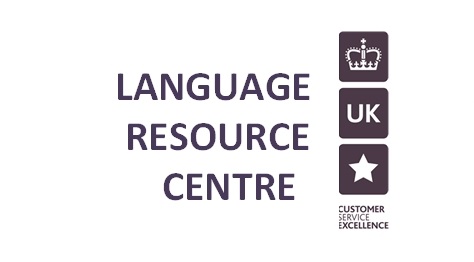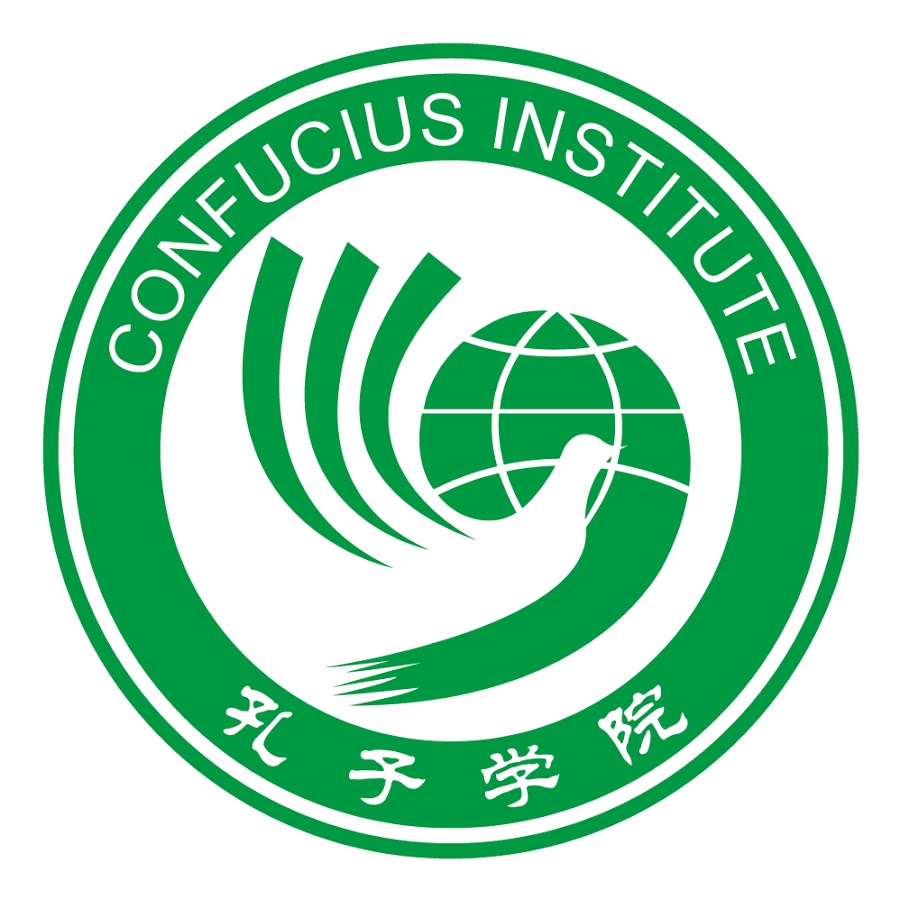Keynote speakers
 Dr Katalin Balogh
Dr Katalin Balogh
- KU Leuven -- Professional profile
Dr. Katalin Balogh is the coordinator of the training on legal Interpreting and translation at the Faculty of Arts of the University of Leuven (Campus Antwerpen) where she teaches interpreting techniques for future legal interpreters. She teaches Intercultural Studies for the students Master in Interpreting.
Katalin Balogh was and is involved in several European projects on legal interpreting and translation such as EULITA and Trafut (Traning for the Future, 2010-2012) as a coordinator. This project was intended to assist in and contribute to the implementation of the EU Directive 2010/64.
As a partner, she was involved in AVIDICUS (Assessment of Videoconference Interpreting in the Criminal Justice Service, EU Criminal Justice Program, 2008-2011), AVIDICUS 2, 2011-2013) and AVIDICUS 3 program.
Katalin Balogh has completed with dr. Heidi Salaets the ImPLI-project for DGJustice, Europe on Improving Police and Legal Interpreting and is currently coordinator with dr. Heidi Salaets of the CO-Minor-IN/QUEST 1&2 projects (Cooperation in Interpreter mediated Questioning of Minors) that run from 2013 until 2014 and from 2016-2018 on the hearings of vulnerable victims, specifically minors (see more). From March 2014 until February 2016, she coordinated with dr. H. Salaets the TraiLLD-project (Training in Languages of Lesser Diffusion).
Moreover, they work together for the TOCAT-project (Transnational Organised Crime and Translation: Improving police communication across languages) in the UK. She is co-coordinator of the the Folitex-project (Forensic Linguistic Tap expert, former “wiretap interpreter”) with prof. dr. Alsulaiman.
Dr. Katalin Balogh will co-present the keynote below with Professor Heidi Salaets.
Keynote abstract
FoLiTEx - who on earth is (s)he?
Telephone tapping or ‘wiretapping’ is the practice of intercepting telephone conversations performed by legal authorities. Several questions immediately arise when we analyse the terminology involved, especially with regard to taps in a Foreign Language (FL). In the field, this person is called a ‘wiretap interpreter’, a term that doesn’t cover what the professional actually does. Besides that: what about the ethical codes of a legal interpreter on the one hand and a ‘wiretap interpreter’ on the other hand? Their role and responsibilities are quite different. Finally, is ‘wiretapping’ still the most accurate definition in contexts where we see wireless phenomena such as VoIP, Twitter, Skype, WIFI and Darknet?
To get an answer to these questions, the Antwerp campus of KU Leuven organised a first international conference on ‘wiretapping’ in which it launched a new term for the ‘wiretap interpreter/translator’, namely FoLiTEx or Forensic-Linguistic Tap Expert. This new term addresses a lot of the issues regarding the tasks and responsibilities of such a FoLiTEx, all of which will be discussed during our talk.
Moreover, we want to focus on the future of the FoLiTEx without neglecting their past. Thanks to the beforementioned conference, we learned that there are few or no guidelines on the ‘translation’ task for tapping in Flanders or elsewhere. This is highly surprising when we consider the important tasks the FoLiTEx perform in the prevention of crime or terrorist attacks. Academic research on this topic resulted scarce. We will report on the most important findings of this conference by means of insights received from forensic linguists, police officers, tap experts, examining magistrates etc. from different European countries. We will also report on a national project on FoLiTex (funded by KU Leuven).
We are aware of the fact that more international research is certainly needed, as challenges become increasingly demanding every day. Future FoLiTEx will be faced with Internet tap, the use of new technology, and very fast-paced communication. A broader European project could enable further research in the European Member States where the situation of the FoLiTEx is mostly not regulated.





